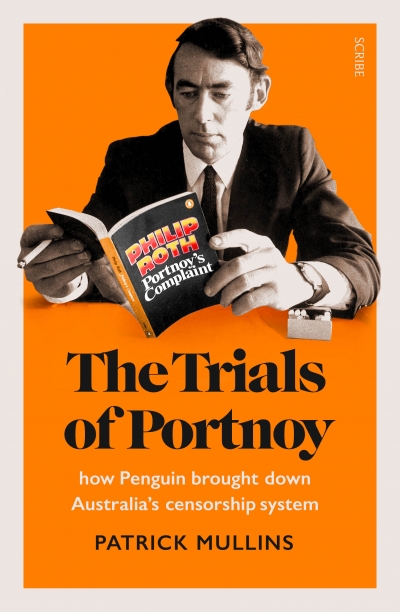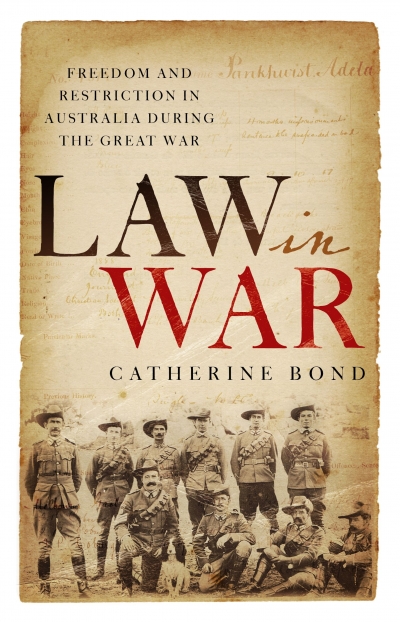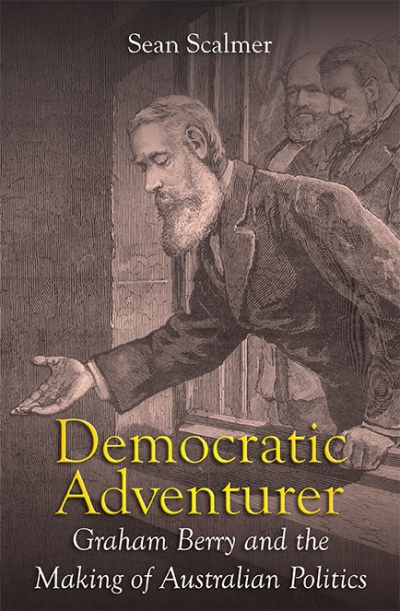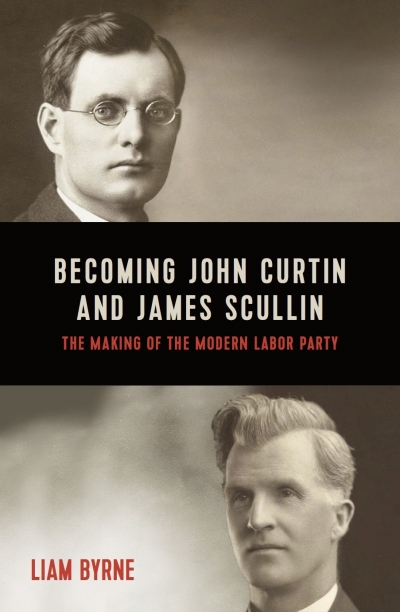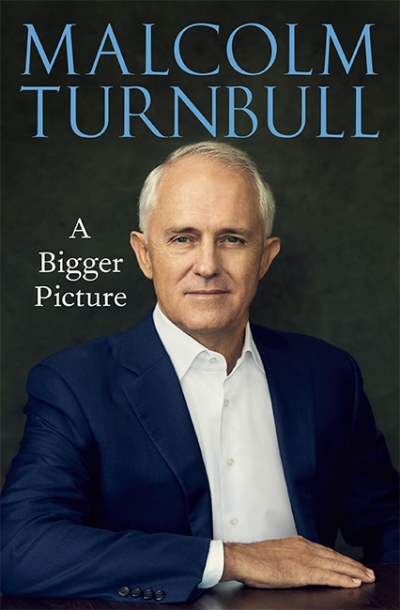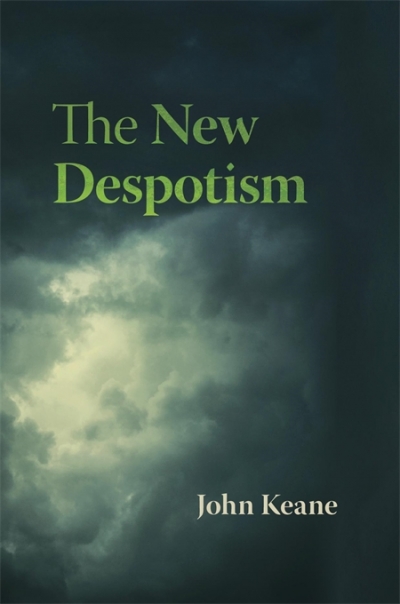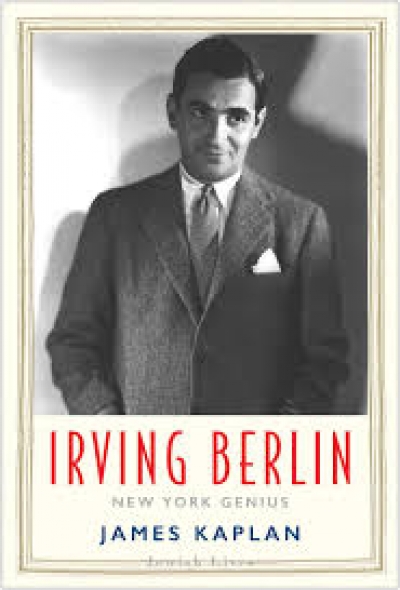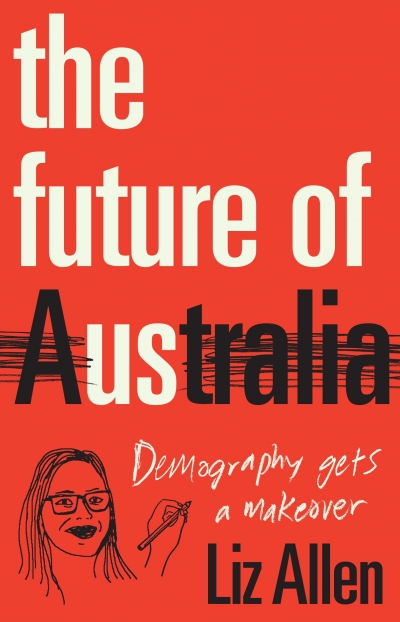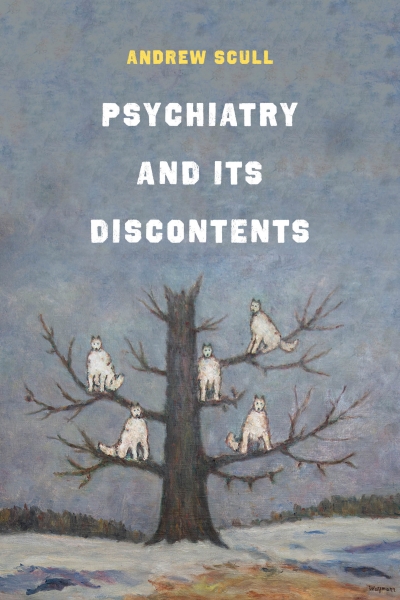Non Fiction
The Trials of Portnoy: How Penguin brought down Australia’s censorship system by Patrick Mullins
Okay, I’ll tell you what’s wrong with this country. For a start, we have this profoundly stupid and deeply irritating myth that we’re all irreverent freedom-loving larrikins and easygoing egalitarians, when it is painfully obvious that we have long been a nation of prudes and wowsers, that our collective psyche has been warped by what Patrick Mullins describes, with his characteristic lucidity, as ‘a fear of contaminating international influences’, and that we are not just an insular, conservative, and deeply conformist society, but for some unaccountable reason we take pride in our ignorance and parochialism. And let’s not neglect the fact that we are cringingly deferential and enamoured of hierarchy. Oh yes, it’s all master–slave dialectics and daddy issues around here. Why the hell else would we keep electing entitled, smirking, condescending autocrats?
... (read more)Law in War: Freedom and restriction in Australia during the Great War by Catherine Bond
As with many authors, Covid-19 forced Catherine Bond to cancel the launch event for her new book. But unlike most authors’ work, the contemporary relevance of Bond’s latest book has been considerably heightened by the ongoing pandemic. Indeed, in the midst of this crisis it is hard to imagine a historical text timelier than Law in War: Freedom and restriction in Australia during the Great War. A century later, lessons from that era are still instructive today.
... (read more)Democratic Adventurer: Graham Berry and the making of Australian politics by Sean Scalmer
Australians have a healthy appetite for political memoirs and biographies at a federal level. It is not only the scandal-ridden set of recent prime ministers with juicy details of political assassinations that sparks interest. The popularity of David Headon’s First Eight Project has demonstrated that the lives of Australia’s first national leaders are still a source of deep fascination. Even Earle Page, who only held the top job for nineteen days, is being rediscovered, thanks to Stephen Wilks’s 2017 PhD thesis from ANU. That Barnaby Joyce, one of Page’s distant successors as party leader, could secure a book contract speaks more to popular interest in federal leaders than to the quality of his prose.
... (read more)Becoming John Curtin and James Scullin: The making of the modern Labor Party by Liam Byrne
John Curtin and James Scullin occupy very different places in whatever collective memory Australians have of their prime ministers. On the occasions that rankings of prime ministers have been published, Curtin invariably appears at or near the top. When researchers at Monash University in 2010 produced such a ranking based on a survey of historians and political scientists, Curtin led the pack, with Scullin rated above only Joseph Cook, Arthur Fadden, and Billy McMahon. Admittedly, this ranking was produced before anyone had ever thought of awarding an Australian knighthood to Prince Philip, but the point is clear enough: Curtin rates and Scullin does not.
... (read more)Malcolm Turnbull looks us straight in the eye from the cover of this handsome book, with just a hint of a smile. He looks calm, healthy, and confident; if there are scars from his loss of the prime ministership in August 2018, they don’t show. The book’s voice is the engaging one we heard when Turnbull challenged Tony Abbott in July 2015 and promised a style of leadership that respected people’s intelligence. He takes us from his childhood in a very unhappy marriage, through school and university, his astonishing successes in media, business, and the law, his entry into politics as the member for Wentworth, and ends with his exit from parliament.
... (read more)John Keane is Australia’s leading scholar of democracy, with work that demonstrates an impressive command of global sources. Keane’s most widely cited book, The Life and Death of Democracy (2009), included new research on the origins of public assemblies in India many centuries before the familiar democracy of Greek city-states. Keane located the origins of democracy in non-European traditions, in part by tracing the linguistic origins of the concept.
... (read more)At the end of 1910, Irving Berlin took a winter holiday in Florida. James Kaplan writes, ‘Here we must pause for a moment to consider the miracle of a twenty-two-year-old who in recent memory had sung for pennies in dives and slept in flophouses becoming a prosperous-enough business man to vacation in Palm Beach.’
... (read more)Mel O’Callaghan: Centre of the Centre by Talia Linz and Michelle Newton
This beautiful book is ostensibly a conventional art monograph. In its innovative tweaking of the standard model, however, Centre of the Centre is one of the most rewarding publications about an Australian artist in recent years. Exploring two decades of ambitious work by Mel O’Callaghan, an Australian based in Paris, the book begins now, with her latest projects. In a quasi-geological enterprise, it then mines works whose interconnected seams comprise expansive video installations, sometimes including objects; wonderful paintings on glass; and, always, performed actions. Speaking about Parade (2014), Juliana Engberg noted the ‘ritualised, Sisyphean endeavour’ characterising O’Callaghan’s work.
... (read more)In Australia, debate about population runs in well-worn grooves. The focus is on size – ‘big Australia’ versus ‘not-so-big Australia’ – and the tool used to regulate numbers is immigration. When politicians link population growth to excessive house prices, traffic congestion, unemployment, or crime, they call for immigration cuts, not for birth control.
... (read more)Madness ‘haunts all of our imaginations’, writes Andrew Scull in Psychiatry and Its Discontents, but it is more than a nightmare. Each year, one in five Australians will experience mental illness, according to the Black Dog Institute, and the World Health Organization warns that one in four globally will experience a mental or neurological disorder during their lifetime. The essays gathered here, however, raise grave doubts about the psychiatric knowledge and practice upon which these epidemiologies are based.
... (read more)
